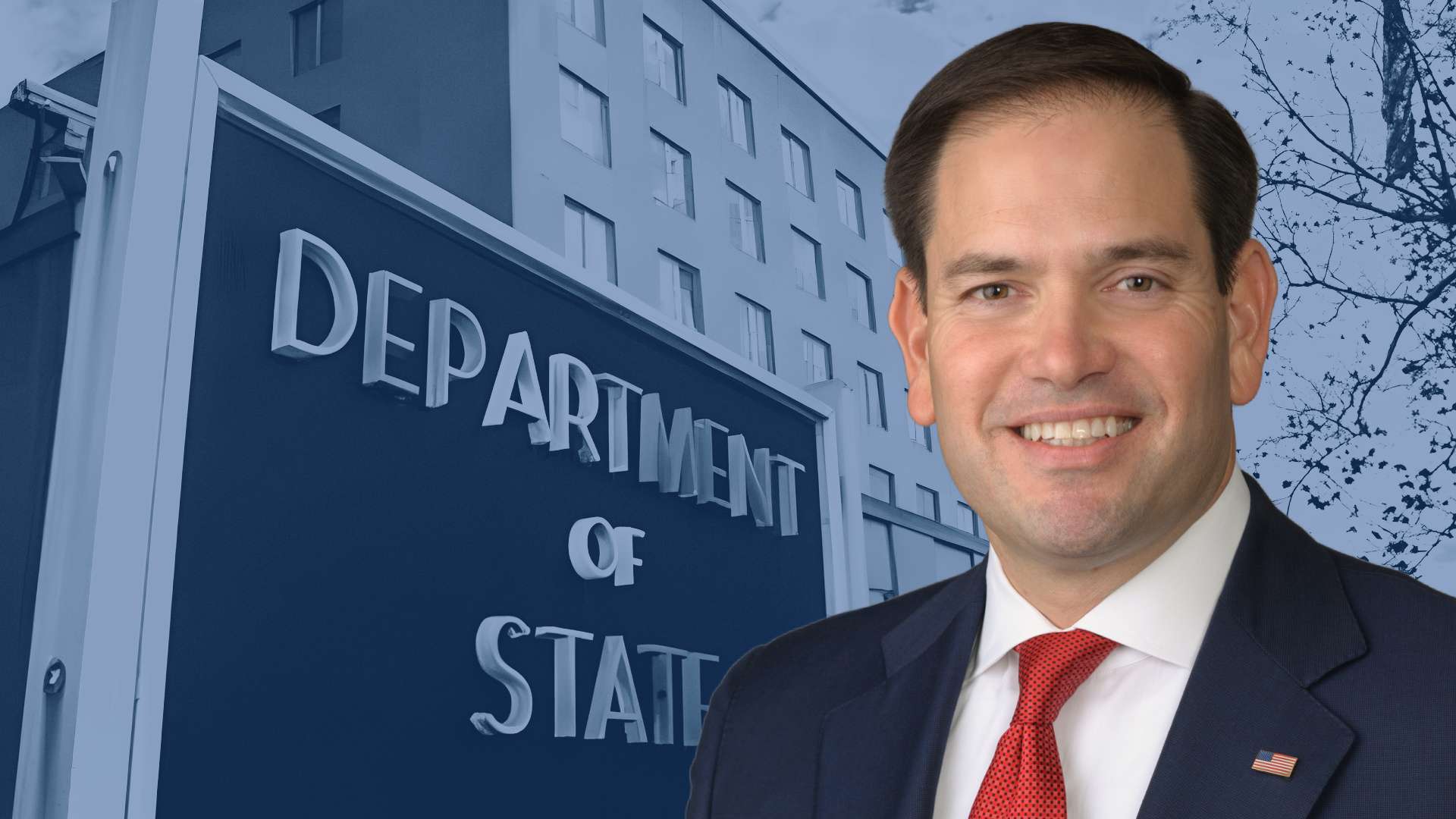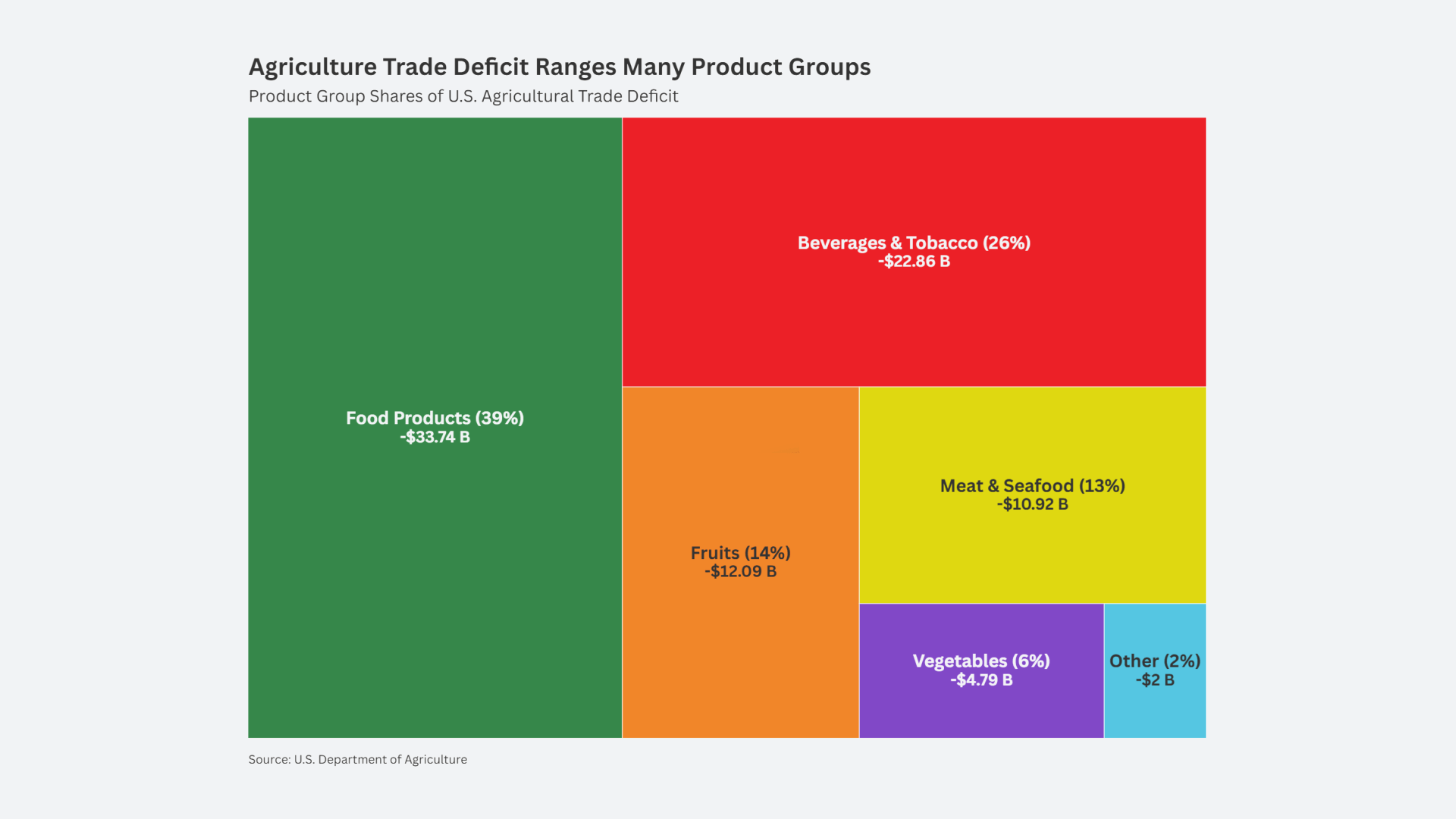by Michael Stumo
This is a great election season. Why? Because the disparity between the utopian globalist elite and the various flavors (good and bad) of nationalism is in stark relief. We have a great opportunity for a reset whoever wins.
Yes, yes, I know that the political discourse is ugly. Trump is favored by his base as the molotov cocktail that can blow up all that his supporters dislike in Washington. Clinton is favored by her base as the steady, experienced hand that can keep us from the Trumpian apocalypse.
Regardless of who wins, I do indeed want to blow up the old stupid trade policy, because it is, well, stupid. The bipartisan nationalist wave roiling our politics is a good opportunity for a reset if we choose the right kind of nationalism. Sanders channeled the Democratic nationalist wave against trade deals that sell our country out. Clinton was forced to respond by disowning the Trans-Pacific Partnership. Trump channeled the Republican nationalist wave and took out all his globalist primary opponents. A recent Bloomberg Politics poll showed that 51% of Republicans view Trump as the leader of the GOP as compared to 33% for Paul Ryan.
The bipartisan globalists have produced ugly results: favoring capital over labor, favoring transnationals over domestic businesses, favoring distant bureaucrats over democratic accountability. Let’s be clear: globalism (advocating global assimilative policies) is different from globalization (the natural process of connectivity through transportation, communication and technology). There are ugly forms of nationalism as well… forms that give rise to an excessive pride that justifies harming or disliking others not in your tribe.
But let me make the case for Rational Nationalism as the ideal to replace globalism and achieve better results. Rational Nationalism allows pride in your country without hating others. It is a nationalism that focuses on participating in, and growing, your democracy and your economy. Buy Local is a form of rational nationalism. It is a nationalism that supports your country working with other countries on a nation-to-nation basis without surrendering its democracy, its economic interests or its national interests.
A nation state is, so far, the most natural way to create the social compact providing governmental legitimacy and all the tools necessary – whether used or abused – to prosper. What is a “nation state”?
A nation state is a type of state that joins the political entity of a state to the cultural entity of a nation, from which it aims to derive its political legitimacy to rule.
A nation state has a common currency, a common regulatory framework, common taxation, a common spending policy, and a common body of laws. What are those laws but a codification of the cultural rules of a country. A nation state has a common market for goods and labor. Ideally a nation state provides the ability for its citizens to participate in decisions that affect them, either directly or through elected representatives.
The globalists who want common markets and a borderless world fail to recognize that their international institutions cannot replicate the nation state. The common currency of the European Union fails to succeed without common regulations, taxation, fiscal spending and banking. The EU is hard pressed to achieve that full unification without common cultures who agree enough to codify their disparate cultural rules into law. The EU’s democratic institutions are also too distant from the citizens and are often overshadowed by the EU technocrats.
The World Trade Organization seeks a common global market where borders mean little. The WTO seeks elimination of not only tariffs and quotas, but any other laws and rules that may have been enacted for legitimate non-trade reasons but hinder trade between nations. The WTO give little credence to laws passed for those other good purposes, such as food safety, a consumer’s right to know, or reducing the power of transnationals or big banks. In contrast, national legislatures consider a constellation of interests, not just trade, when passing new laws.
Why is this relevant to trade? Because true “free trade” can only occur within a nation state that has common rules, taxation, currency, etc. It can only occur inside a common labor market. The cosmopolitan elite will shudder at this assertion, but they can be as parochial (interacting only with their cosmopolitan peers) and as wrong as any other tribe.
The globalist system gives rise to the income inequality that the left hates as well as the crony capitalism which the right hates. It dilutes the democracy championed by lefties and the constitutional republic valued by righties. It destroys the jobs that people of both parties wish for. The globalist system failed to make China and Russia more peaceful after joining the WTO. It failed to make Mexican lives better after NAFTA, either causing or failing to impact the subsequent mass northward emigration and the increasing drug wars.
The WTO system, the institutional result of neoliberal trade policy, ignores the fact that different currency policies, taxation systems, fiscal spending priorities and regulations can overwhelm the impact of tariff and quota reductions. It ignores the fact that combining the labor market of the US and poor countries causes wage convergence. That is a pretty good deal for poor countries, but as US wages drop relative to prices, our country becomes a political powder keg.
The pernicious global free trade result is “neo-mercantilism”, a modern form of trade cheating where some countries readily agree to trade deals because they know how to use other policy tools to take back what they gave up. China agreed to WTO membership because it could use its state-capitalism model to catapult its national champion industries to global market leadership, mostly relying upon the US consumers to fund the plan. Japan and South Korea similarly use a variety of government policies to prevent low tariffs from ceding domestic market share to foreign sellers.
So trade deals don’t really work. Tariff and quota cuts have no relationship to improved US trade performance. Unless trade deals create a full global government with all the many tools and common policies of a nation state, they cannot succeed. A global government cannot succeed without enough commonality of culture to enact agreed upon laws through a legitimate democratic structure.
Rational Nationalism is a recognition that we need to focus upon our country’s prosperity because we already have, right now, the tools to achieve that end without asking permission from other countries. It respects the rights and aspirations of other countries while enabling international cooperation, but does not pretend to combine with them, incrementally or otherwise. It is the best political/cultural combination devised thus far.
For trade purposes, Rational Nationalism would help refocus us upon the US national interest of improving the lives of workers and businesses here. It would empower us to create a national strategy to win the global competition for jobs and industries. It would not tolerate incrementally entering a global common market that simply won’t, and can’t, provide the prosperity we can otherwise achieve.













